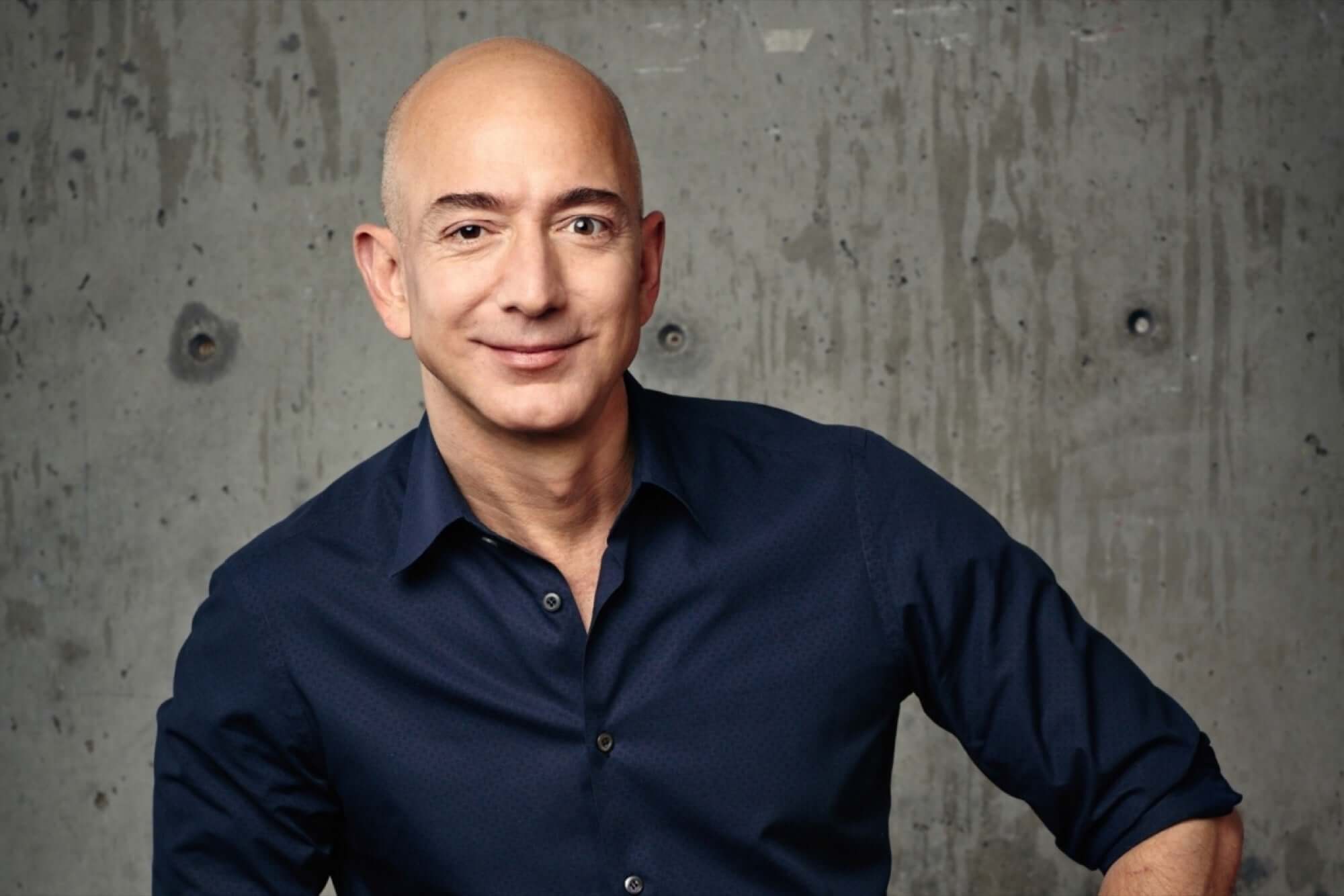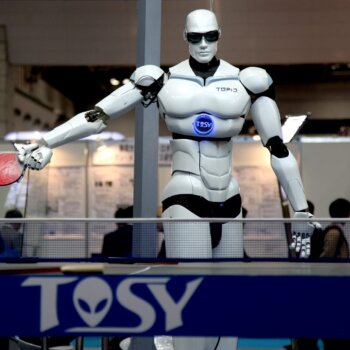Amazon this week announced it is taking on 75,000 new workers in the United States and 10,000 in the United Kingdom, precisely at a time when much of the world is beginning to emerge from the pandemic and when many companies have announced cutbacks or even closures, making it one of the main drivers for economic recovery.
The pandemic found Amazon in the perfect place: a company capable of meeting the needs of a large number of consumers who didn’t want to risk leaving their homes even for basic necessities. During the first months of lockdown, the company was making up to $10,000 per second, delivering impressive financial results, and expanding its US workforce by 175,000 people, 70% of them on permanent contracts. In the ten months of the pandemic in 2020, the company added a total of 427,300 people, in the largest expansion in its history. Now, with vaccination campaigns in full swing in most developed countries and when it can offer salary increases for certain positions and even a bonus to workers if they are already vaccinated, it is announcing new hiringsthat will take its workforce to more than 1.2 million workers worldwide. Amazon is already the second largest US company by number of employees globally, and one of the largest generators of employment in the UK, with a total workforce of 55,000.
The question, in view of these results, is what kind of world we are heading for after the pandemic. The company’s vision points to a major consolidation of e-commerce as we adopt new habits brought about by the pandemic, to the point of becoming a trillion-dollar industry in the United States. If the scenario that the company envisions is correct, we’re talking about a huge shift in numerous consumer categories, which could mean a complete redefinition of the landscape of many sectors and even of large-scale distribution. For many households, the pandemic provided a master class in e-commerce, enabling them to see the benefits and convenience of one-click shopping, even in product categories we previously preferred to see or touch in a physical store.
On the other hand, the company is trying to counterbalance its tax optimization practices with the idea that it generates value in the countries where it operates by creating jobs at all levels, and by responding to sanctions by sharing these additional costs through its value chain. When we think of big tech, we tend to think of multi-billion dollar companies with highly educated workers and high salaries: Amazon, which is hiring warehouse teams, delivery drivers, systems engineers and managers all across its organizational pyramid, is seen as much more transversal in that sense, which makes it a more sensitive and more complex target for governments.
If you hadn’t thought about the post-pandemic landscape and how that opened the public’s eyes to the possibilities of e-commerce, you might want to ponder Amazon’s recent moves. Depending on what your company does, you might also want to consider how to respond to such a scenario. Now, the world belongs to Amazon: the rest of us just live in it.





























